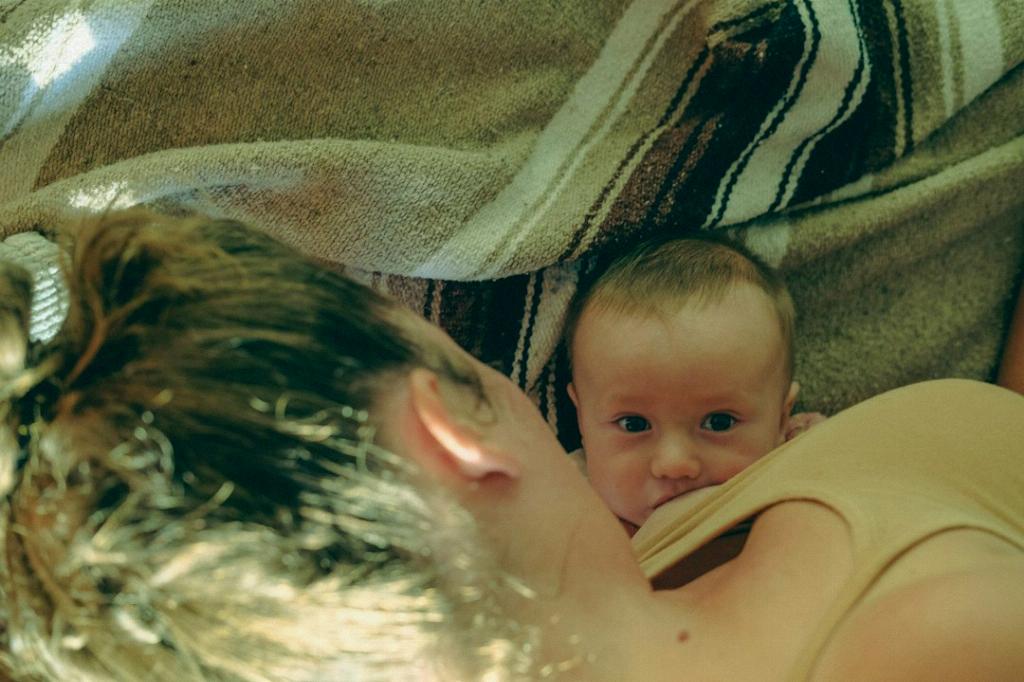Many new mothers often wonder about the safety and appropriateness of consuming certain foods, including fish, while breastfeeding. One common question that arises is whether it is safe to eat tuna while breastfeeding. Understanding the nutritional benefits and potential risks associated with consuming tuna during this time can help mothers make informed decisions about their diet.
When it comes to eating tuna while breastfeeding, it is important to consider the type of tuna and the frequency of consumption. Tuna is a source of protein, omega-3 fatty acids, and various essential nutrients that can be beneficial for both the mother and the baby. However, some types of tuna, especially fresh tuna, contain higher levels of mercury, which can pose risks, particularly to developing infants.
According to healthcare guidelines, including those from organizations like the FDA and NHS, it is generally safe for breastfeeding mothers to consume tuna in moderation. However, it is recommended to limit the consumption of certain types of fish, including fresh tuna, due to their higher mercury content. This is because mercury can accumulate in the body over time and potentially harm the developing nervous system of infants.
Experts advise that breastfeeding mothers should be cautious about the amount and frequency of consuming tuna to minimize the risk of mercury exposure. It is generally recommended to limit the intake of fresh tuna to no more than two portions per week. This restriction helps to control the mercury levels in the mother’s body and reduce the potential transfer of mercury to the baby through breast milk.
While fresh tuna is known to contain higher levels of mercury, other types of fish, such as canned light tuna, are considered safer options for breastfeeding mothers. Canned light tuna typically contains lower levels of mercury compared to fresh tuna, making it a better choice for those looking to include tuna in their diet while breastfeeding.
When choosing to eat tuna while breastfeeding, it is essential to prioritize variety in the diet and incorporate a range of fish options to ensure a diverse nutrient intake. This can help mitigate the risks associated with mercury exposure from consuming fish regularly. Additionally, balancing the consumption of different types of fish can provide a broader spectrum of essential nutrients for both the mother and the baby.
It is advisable for breastfeeding mothers to consult with their healthcare provider or a registered dietitian to discuss their individual dietary needs and preferences. These professionals can offer personalized recommendations based on the mother’s health status, nutritional requirements, and any specific concerns related to their diet, including the consumption of tuna or other fish varieties.
Overall, while tuna can be a nutritious addition to a breastfeeding mother’s diet, it is crucial to be mindful of the type and amount of tuna consumed to minimize potential risks associated with mercury exposure. By practicing moderation, choosing lower mercury options like canned light tuna, and seeking guidance from healthcare professionals, mothers can enjoy the benefits of including fish in their diet while breastfeeding.
Ultimately, the decision to eat tuna while breastfeeding should be based on individual preferences and needs, taking into account the nutritional benefits and potential risks associated with consuming this type of fish. Being informed about the guidelines for fish consumption during breastfeeding and making informed choices can help mothers maintain a balanced and healthy diet that supports their well-being and the health of their baby.

